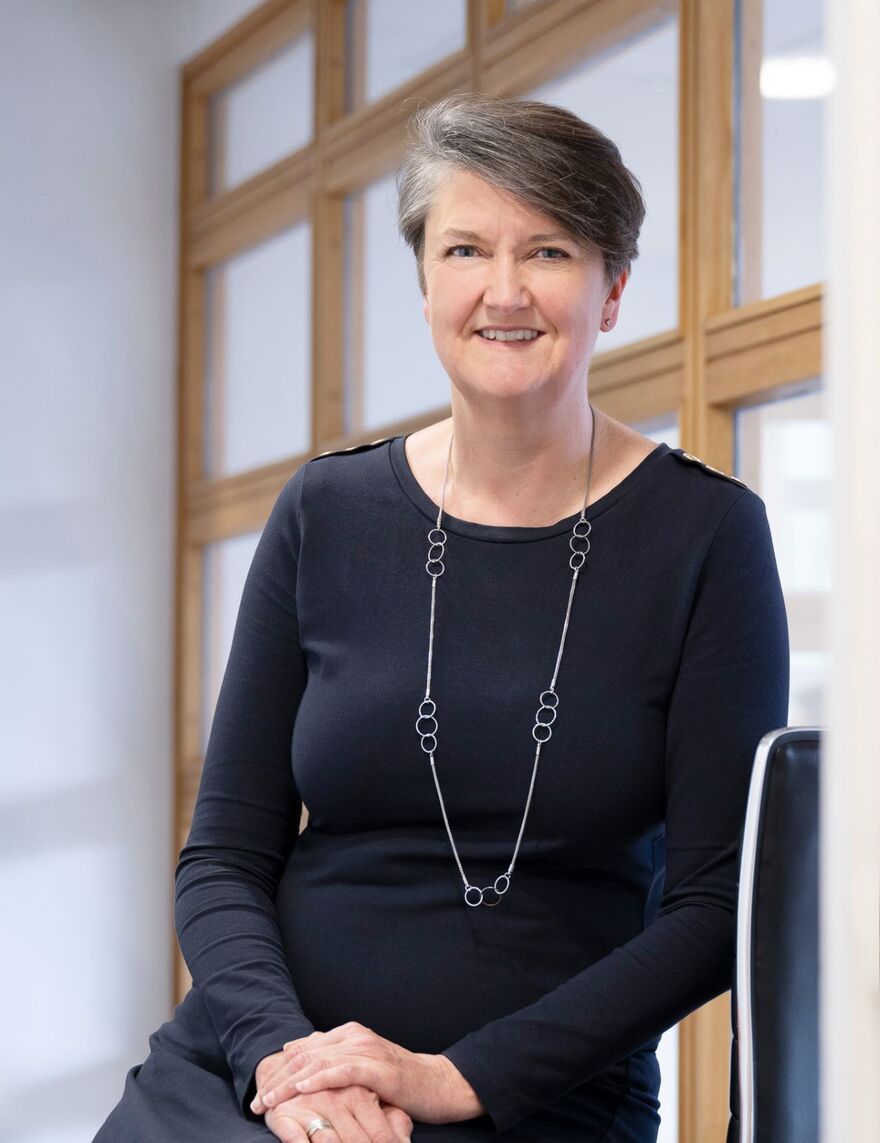The decision of whether to get a divorce should not be rushed into. If you are finding it difficult to discuss issues directly with your spouse, we recommend considering relationship counselling. Relate is the UK’s largest provider of relationship support and you can visit their website for further information. You may wish to obtain legal advice to understand the consequences of ending your marriage and we are very happy to meet with you to discuss this before you decide whether you wish to end your marriage.
The breakdown of a marriage or civil partnership can be a difficult and confusing time. It can leave both parties feeling anxious and distressed about the future. Our divorce solicitors are here to help ease that burden and minimise your stress throughout the process.
Since April 2022 the divorce process has moved to no fault which means that neither party has to blame the other or give reasons for the breakdown of the marriage. The process for making an application has been simplified and is dealt with online. If you are not confident in dealing with this process or would prefer that we deal with it for you, we are happy to guide you or deal with the court application on your behalf.
It is important to take advice early and to keep the channels of communication with your spouse open, particularly where children are involved. Divorce proceedings are separate to finances, although we often deal with these alongside one another.
The decision to divorce is a personal one and there are many reasons why someone may wish to delay obtaining a divorce or not do so at all. If you do not want to divorce at this stage but do want to resolve the financial issues you can record any agreement reached by entering into a Separation Agreement. This can be converted into a Consent Order once divorce proceedings have been issued. If divorce is not right for you, you may wish to consider Judicial Separation. You will however remain married until the final order in divorce proceedings is granted. However, you will be recognised as legally separated and the court will have the power to make orders in relation to financial matters and children. If you choose not to obtain a divorce or judicial separation, it is key that you have an updated Will in place as your spouse is likely to be the primary beneficiary under the intestacy provisions.
The application is filed online, this simply states that the marriage has broken down, no reasons have to be given as we now proceed on the basis of no fault. The court will serve the Respondent who must then complete an Acknowledgement of Service. 20 weeks from the date of issue the Applicant can apply for a conditional order which is the first stage in the divorce. 6 weeks after the conditional order, the Applicant can apply for the final order which will dissolve the marriage. If the Applicant does not apply for the final order, the Respondent may do so. The other party has to be given notice of the application for an order. Divorce applications can be made individually or jointly, further details about this and in terms of timescales are set out in our guide.
If you have received a Divorce Application, this means that your spouse has commenced divorce proceedings against you. You must act promptly - the Acknowledgement of Service confirming receipt of the Divorce Application and whether you intend to defend divorce proceedings must be returned within 14 days. If you are unsure about your position, please contact a member of our team who will be able to assist you and explain the divorce procedure.
You must have been married for at least 12 months to issue divorce proceedings, although we can discuss with you whether seeking an annulment would be suitable in your case. You may wish to apply for a decree of Judicial Separation, which will not dissolve your marriage but you will be recognised as separated. This enables the court to make financial orders. You can instead deal with financial matters in the interim by entering into a Separation Agreement.
There are various requirements which must be met in order for you to issue divorce proceedings in the UK. If you think that your case may have an international element, it is imperative to act quickly, particularly if there is a possibility that your spouse could issue divorce proceedings against you in another country. Your case could have an international element if your marriage took place outside of the UK, either of you were born outside of the UK or you have lived abroad during your married life. We have considerable expertise of dealing with this complex area and we recommend you contact a member of our team as soon as possible if this may apply to you.
Get in touch
To contact us, please fill out this form and we will get back in touch as soon as possible. Your personal data will be processed in accordance with our privacy policy which can be found here.

This week saw the latest ruling made by the Supreme Court in the longstanding case of Standish v Standish.…

This article offers guidance on how to be there for someone during a divorce – what to say, and how…



